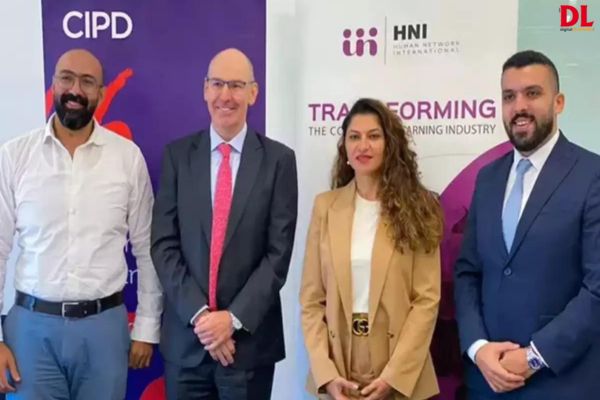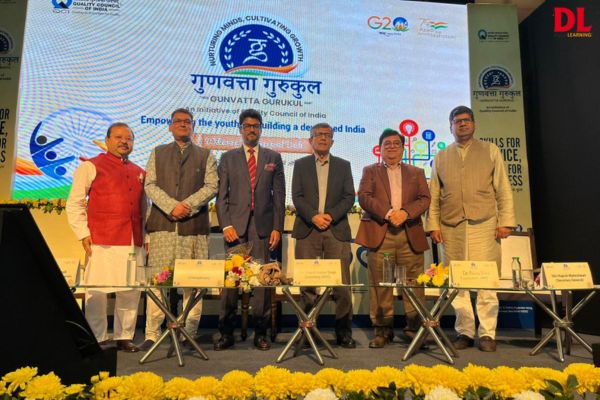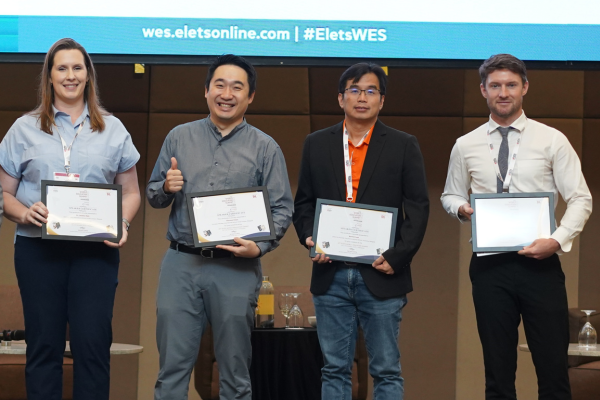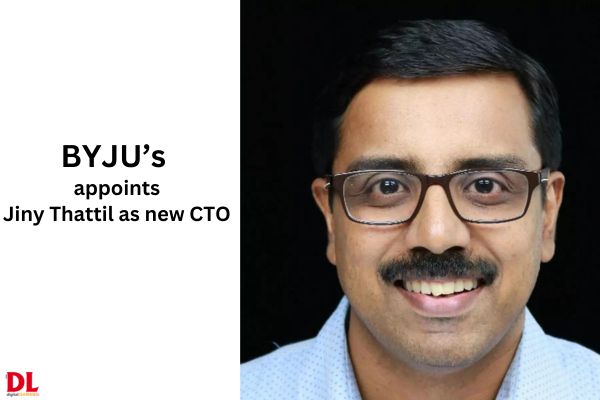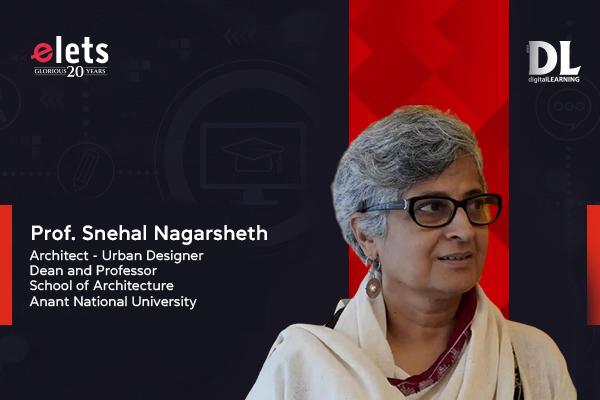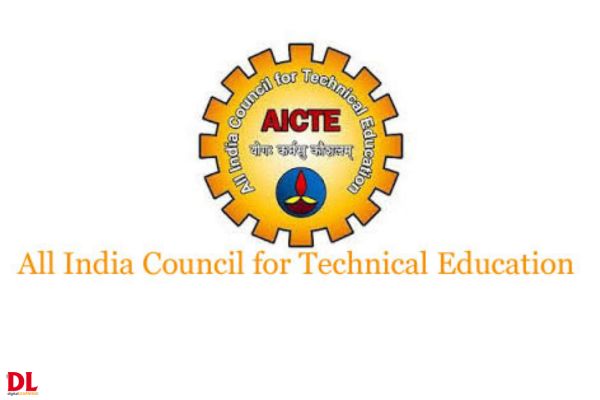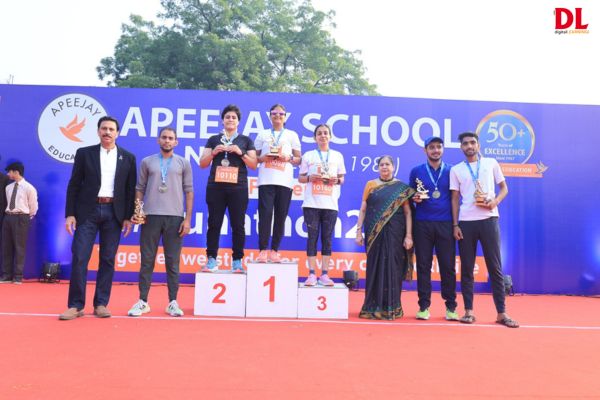As professionals of architecture and urban design, it is important that we focus more on the vernacular materials and indigenous crafts as part of our practice such that it helps to promote our identity shared, Prof. Snehal Nagarsheth, Architect – Urban Designer, Dean and Professor, School of Architecture, Anant National University in an exclusive interview with Sheeba Chauhan of Elets News Network. Edited excerpt:
Can you discuss the importance of interdisciplinary collaboration in the field of architecture and urban design? How does it enhance the quality of projects and address complex urban issues?
A lot of our resources are consumed in developing urban infrastructure. These are complex and tend to fulfill multiple needs of the city. It helps if architecture and urban design reflect similar ideas at different scales, allowing for an interdependent and holistic approach to making the cities. Here, the interdisciplinary collaboration in architecture and urban design becomes quite important. They express a position towards life and development that is balanced. It is the need of the hour to incorporate sustainability as a primary focus for architecture and urban design because only then will it fulfill the needs of the present and take care of the future. It represents the city’s image and position on a powerful idea and serves as a precedent for future generations.
Today’s cities are very different from what existed in the 19th century and earlier times. Rapid urbanization has put a deep scar on varied physical, social, cultural, economic, and ecological threads that existed in earlier times. The interdisciplinary approach can be the much-needed way forward for tending to these scars and bridging the rifts thus formed. The current issues of decreasing arable lands, polluted waters, and contaminated air reiterate the importance of seriously considering the eco-sensitive approach in architecture and design. Here, the city must be considered an ecosystem with infrastructure complementing and responding to the natural terrain rather than overwhelming it with built masses alien to the context.
Urbanization is a global phenomenon. How can architects and urban designers contribute to sustainable urban development and address issues such as housing, transportation, and green spaces?
Rapid urbanization and globalization are affecting the cities all around the world. It is impacting the way we live at an exponential rate. There are a multitude of decisions that are taken each day that culminate in the way our cities are evolving. Rapid urbanization induces consequential rapid decision-making, which may sometimes not respond to the needs. A significant portion of such decisions is taken in designing, planning, and constructing the built environment. Here, the onus lies with the architects and urban designers to proactively participate in the decision-making process (design and development) to augment the quality of built environments that are contextual, sustainable, and inclusive for all.
Architects and urban designers can play a significant role as curators of sustainable community development by developing designs and strategies that integrate community health and sustainability of resources as one of the prime focuses. Here, the focus should not only be on energy efficiency, energy performance standards, or cooling and lighting systems, among many other aspects, but also passive architectural design and techniques that can contribute to a more active lifestyle. Similarly, in urban design, for example, rather than having roads and lanes, just as lines of transit, it can be designed to add more vibrancy to the public realm. COVID-19 taught us a great lesson about how our cities are designed, and it has been a tough lesson. The built and the unbuilt need to respond to contemporary needs and be more contextual. Contextual, but not rigid. The spaces need to be robust such that they can adapt to the changing needs. The insides and outsides need to be thoughtfully crafted so that the cities, neigh
borhoods, and our own homes can suffice when the extremes knock on our doors.
What advice would you give to aspiring architects and urban designers who want to excel in their careers and contribute meaningfully to the field?
I would advise architects and urban designers to realise that they are part of a larger whole, and it is important to understand that their voice matters. Their voice should not get silenced by the rat race of the commercialization that has crept into the architectural industry. They should be more empathetic in their approach and respond to the context rather than just unquestioningly aping the West.
In your opinion, what are some of the most iconic examples of architecture or urban design that have positively transformed cities or regions?
Some of the iconic examples of architecture and urban design, in my opinion are:
Madrid Rio: It is a massive linear green space conceived on the banks of the Manzanares river (also called Río in Spanish) in Madrid, Spain. It is 7 km long and comprises gardens and playgrounds. The green corridor on the river bank also acts as a sponge, making the city more resilient. The park in itself has been an act of giving the space back to the community.
Cheonggyecheon: The Cheonggyecheon in Seoul, South Korea used to be a natural 10.9 km stream converted to a drainage channel due to heavy urbanization. It was covered with concrete and an elevated highway. In 2003, the highway was removed, and water was pumped in to restore the dried-up natural channel. It serves as a unique example of urban renewal and of converting a lost resource to a thriving public place.
High Line: The High Line used to be a part of the former New York Central Railroad. The elevated tracks have been converted into a linear green park which constitutes of a greenway and the earlier rail trail. The projects serve as an interesting example of a holistic approach that amalgamates architecture, urban design and ecology, a much-needed intervention in contemporary times.
Guggenheim Museum and the Bilbao Effect: The Guggenheim Museum was built in the year 1997 in Bilbao. Prior to that, the city was reeling with unemployment and a severe economic slowdown. After the completion of the museum, it started attracting a lot of visitors making it one of top most visited museums. The tourism thus generated drastically changed the economic condition of the city. It led to the economist’s coining of the term Bilbao effect, which illustrates the power of art and architecture in changing the fate of any place.
In Choice Based Credit System (CBCS), what are the various courses available for B. Arch Students throughout the 5 years?
In a choice-based credit system, students can choose a variety of subjects from different subject pools. In the B.Arch at AnantU, students take up a mix of core and electives that range from design, history, structures, humanities, environment, culture, and crafts to develop a unique perspective toward the field of architecture. The major among them are the design courses offered as design studios, which try to solve issues that affect the built environment. These studios draw from different design domains and allied fields to develop solutions that benefit the community. The studios in senior years are choice-based in nature, which help the students to explore newer realms of creative freedom. The students also take up ‘related study programmes’ that are field studies that incorporate documentation of built environments with historical connotations and community interaction. Here, 30 percent of the subjects are choice-based in nature.
The interior design market between 2019- 24 can expect to be valued at 212,300 million USD globally, with a potential (CAGR) growth rate of 8.5%. How does it impact the employment of interior designers in India?
Since interior design is market-driven and hence large multinationals have taken over the markets of interior design. As professionals of architecture and urban design, it is important that we focus more on the vernacular materials and indigenous crafts as part of our practice such that it helps to promote our identity.











